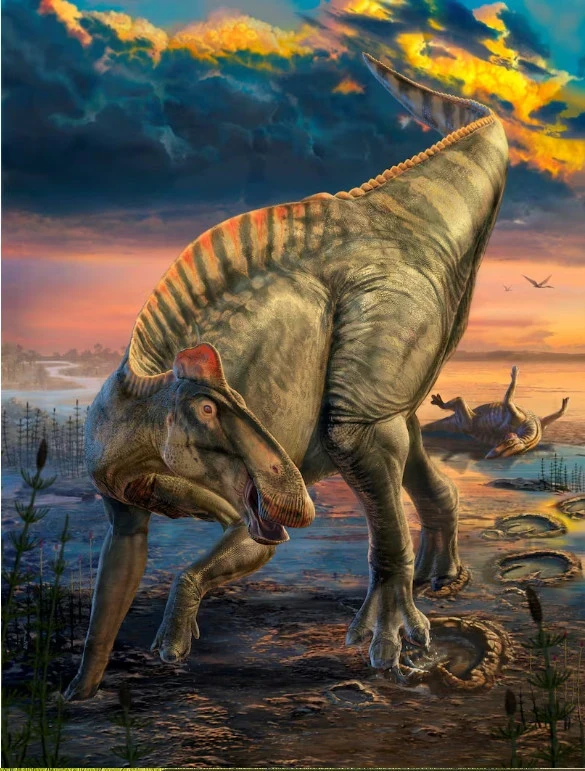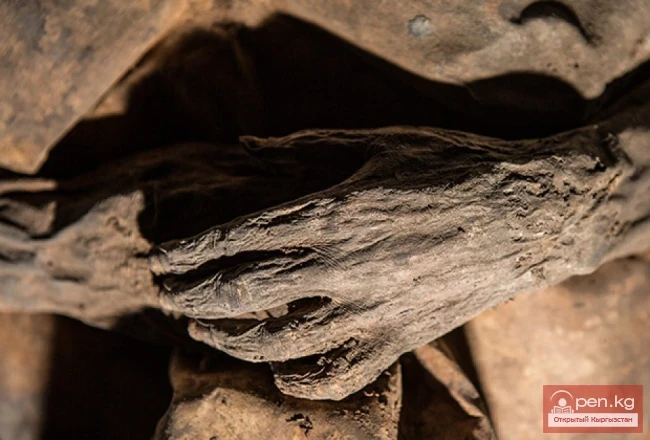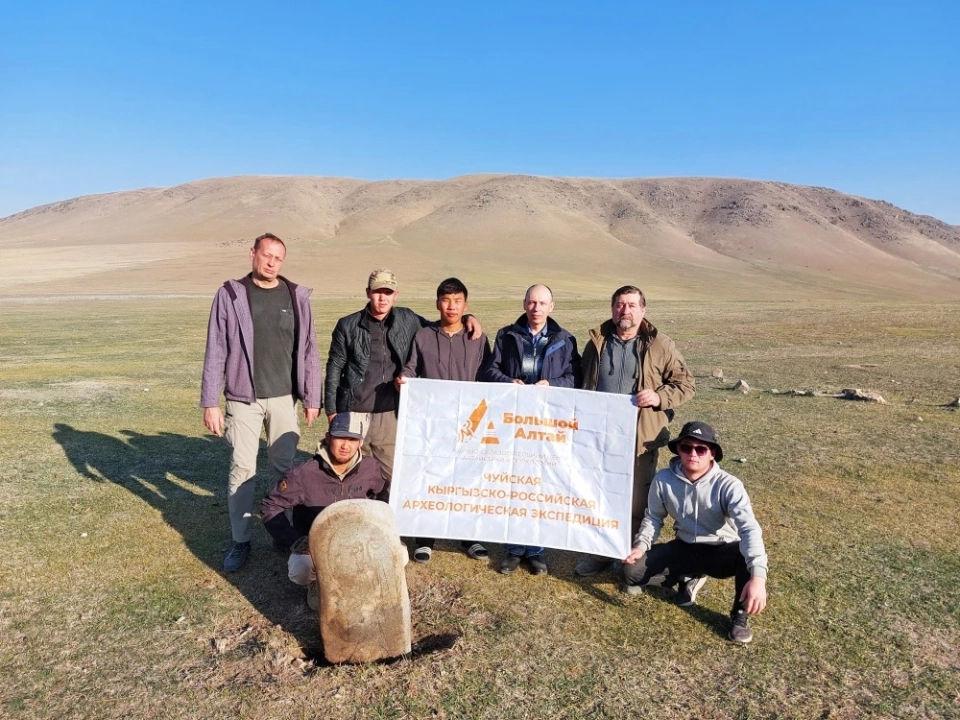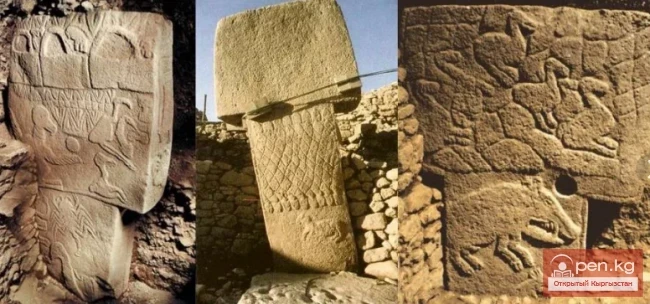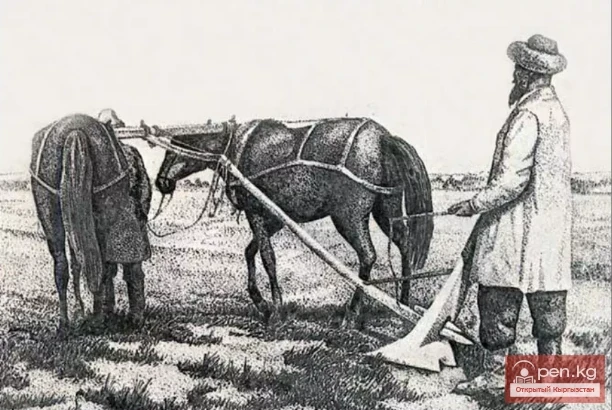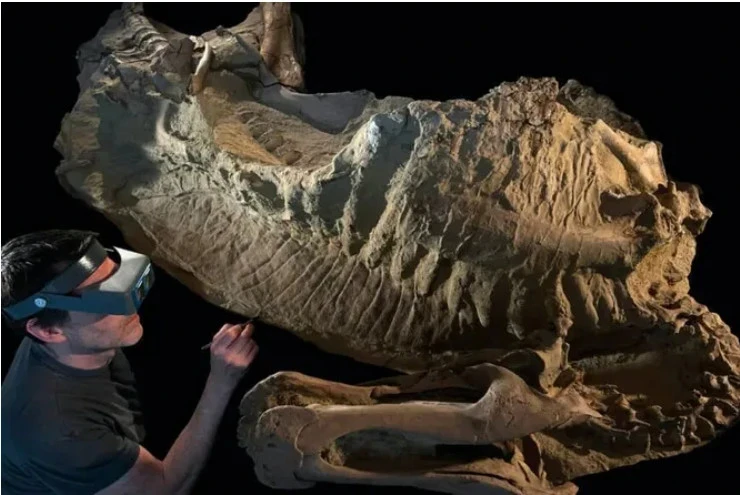
The research, the results of which were published in the journal Science, changes our understanding of dinosaur anatomy and their connection to modern animals.
It should be noted that the term "mummy" is used conditionally here: no real biological tissues remain. After the dinosaurs died, their bodies were covered with a very thin layer of clay, only 0.25 millimeters thick, which sealed their outlines.
"It was an astonishing coincidence, a natural mask so thin that it could be blown away with a breath," commented Professor Paul Sereno, who leads the project.
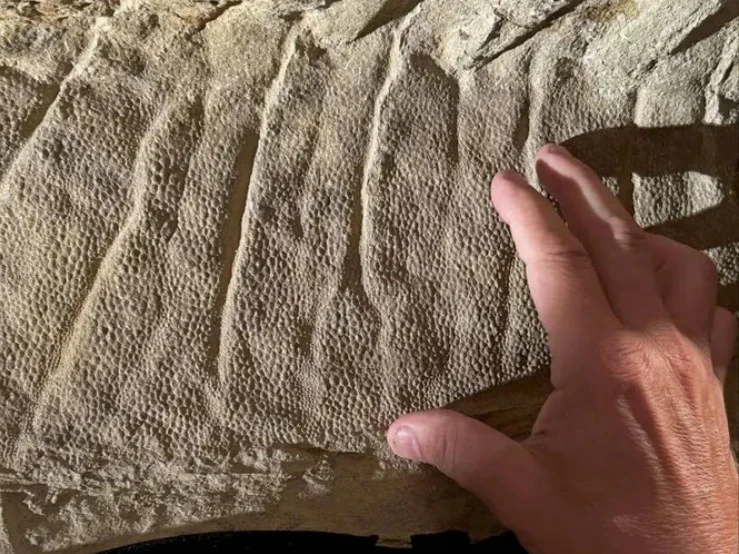
After the remains were extracted, scientists used various methods, including micro-computed tomography and 3D modeling, to recreate the anatomical details. The results of the study showed that Edmontosaurus annectens had three hoof-like toes on its hind limbs, similar to those of horses, as well as a massive spiked structure running from the neck to the tail.
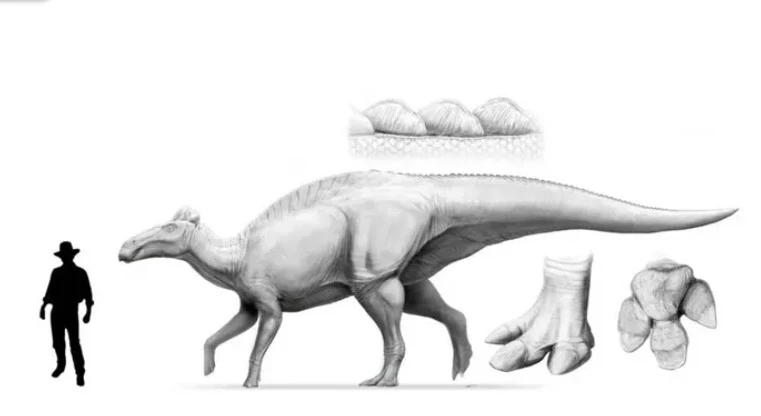
This discovery is the first evidence of hooves in dinosaurs — a structure previously not observed in reptiles. Researchers also confirmed the match of the foot shape with footprints found in the same layers.
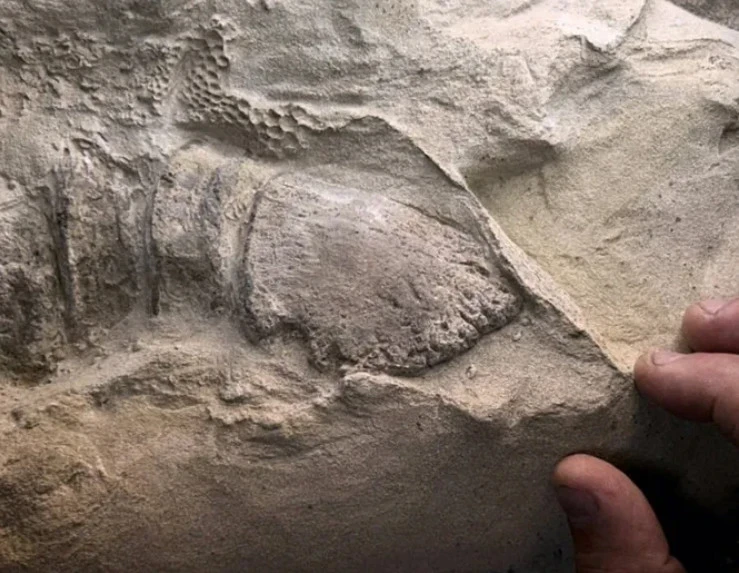
As a result of the reconstruction, it was found that this duck-billed dinosaur had dense scaly skin, a fleshy crest on its neck, and a tail covered with individual spikes, each corresponding to a separate vertebra. Thus, Edmontosaurus annectens became the first terrestrial creature with hooves, where the front and hind limbs had different structures.
Professor Sereno noted that this discovery opens a new era in the study of soft tissues in dinosaurs. The methods applied may assist in the study of the structure of other species and clarify the evolutionary connections between ancient and modern organisms.
